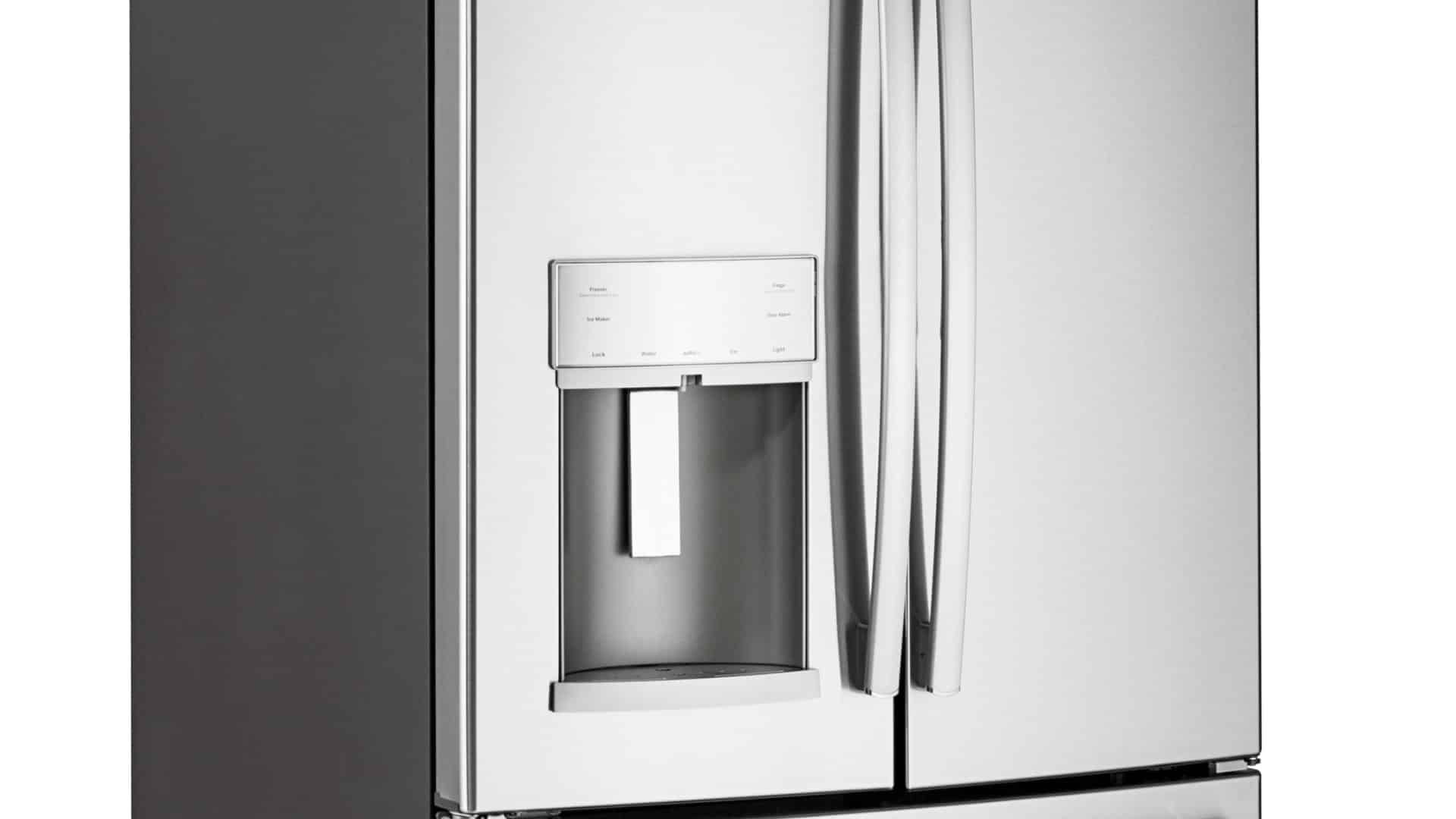Still trying to squeeze a little more ‘use’ out of your old refrigerator before upgrading to a newer model? There’s nothing wrong with getting the most bang for your buck, you holding on to an old refrigerator could end up costing you more in the long run. Here are some of the reasons why you should ditch that old model and replace it with a newer one.
Saves Energy (And Money)
Replacing your old refrigerator with a newer model is almost certain to reduce your energy usage, and subsequently, your monthly power bills. Manufacturers 10-20 years ago lacked the technology and components necessary to achieve the same level of energy-efficiency as modern-day refrigerators. An old
A 19.0-21.4 cubic feet refrigerator manufactured in the 1980s would cost approximately $190 per year to run, whereas a new Energy-Star model of the same size costs approximately $45 per year to run.
“Old refrigerators and freezers can use up to three times the energy of newer models and are often expensive to run,” said Tamara Sondgeroth, Focus on Energy’s Director of Operations. “These older devices can be big contributors to household energy costs because of their inefficiency.”
Credit
Do some research before sending your old refrigerator off a recycle facility, because many states, cities and municipalities offer financial incentives to consumers who recycle their refrigerators. Wisconsin, for instance, offers participating customers a $40 incentive for recycling refrigerators. And best of all, they’ll come to pick up at no additional charge, saving you from having to load and haul it off.
Note: the refrigerator must be in working order and possess an inside measurement between 10 to 30 cubic feet.
To learn more about Wisconsin’s program, visit https://focusonenergy.com/.
Better For The Environment
Refrigerators contain a range of different chemicals, including CFC-12 (a refrigerant), mercury, oil, chloro-fluorocarbon, polystyrene, tetrafluoroethane, and acrylonitrile, many of which are known to damage Earth’s ozone layer. When refrigerators are dumped along the side of the road or otherwise improperly disposed, these chemicals are released into the air where they cause further damage to the atmosphere.
Recycling your old refrigerator ensures these chemicals are properly disposed, preventing them from polluting the atmosphere and damaging the ozone layer. According to Duke Energy, recycling 25,000 refrigerators is equal to removing some 50,000 cars from the road per year. Recycling your old refrigerator will reduce CO2 emissions to promote a cleaner, greener environment for future generations.
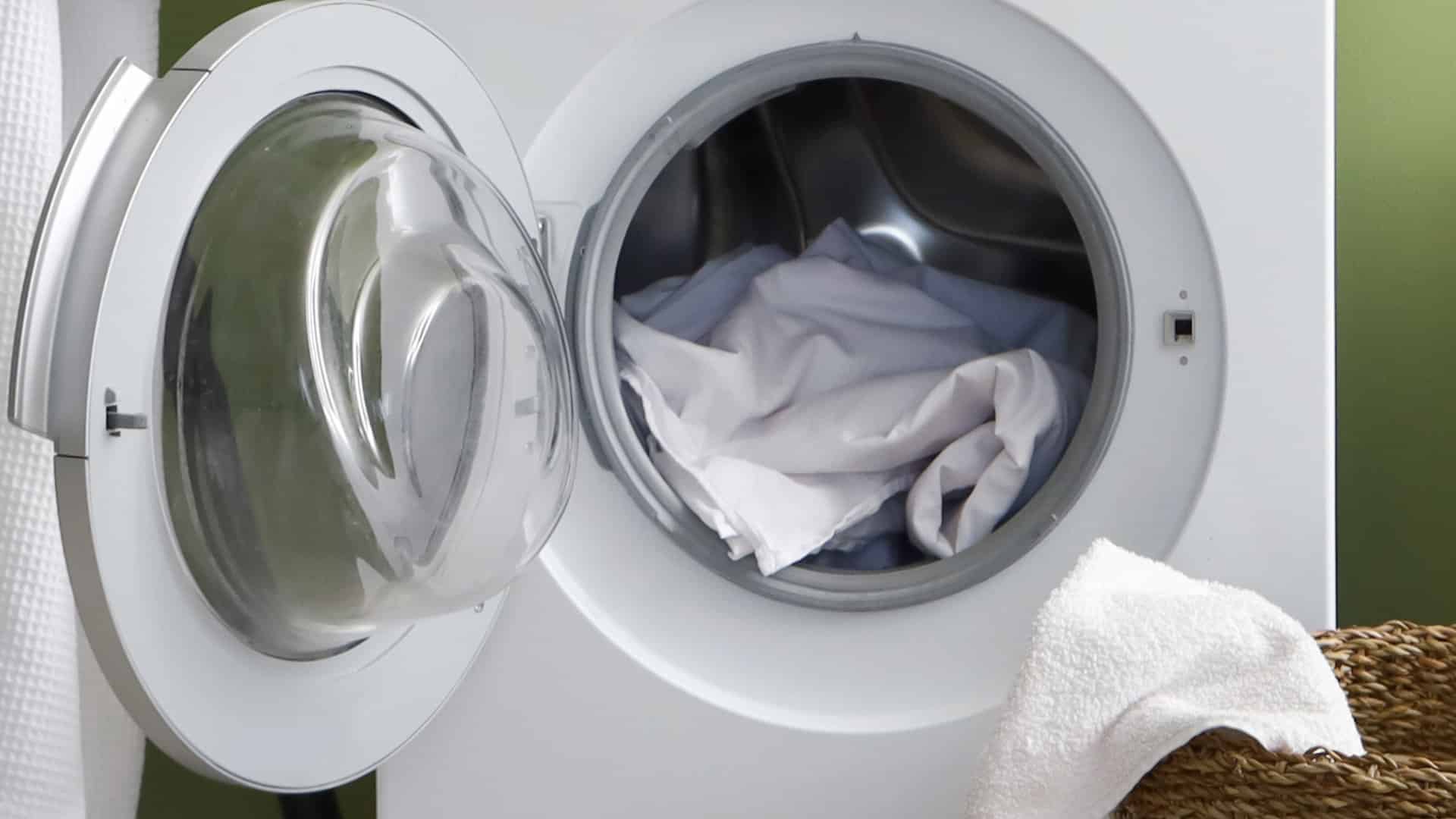
Whirlpool Washer Error Codes Explained
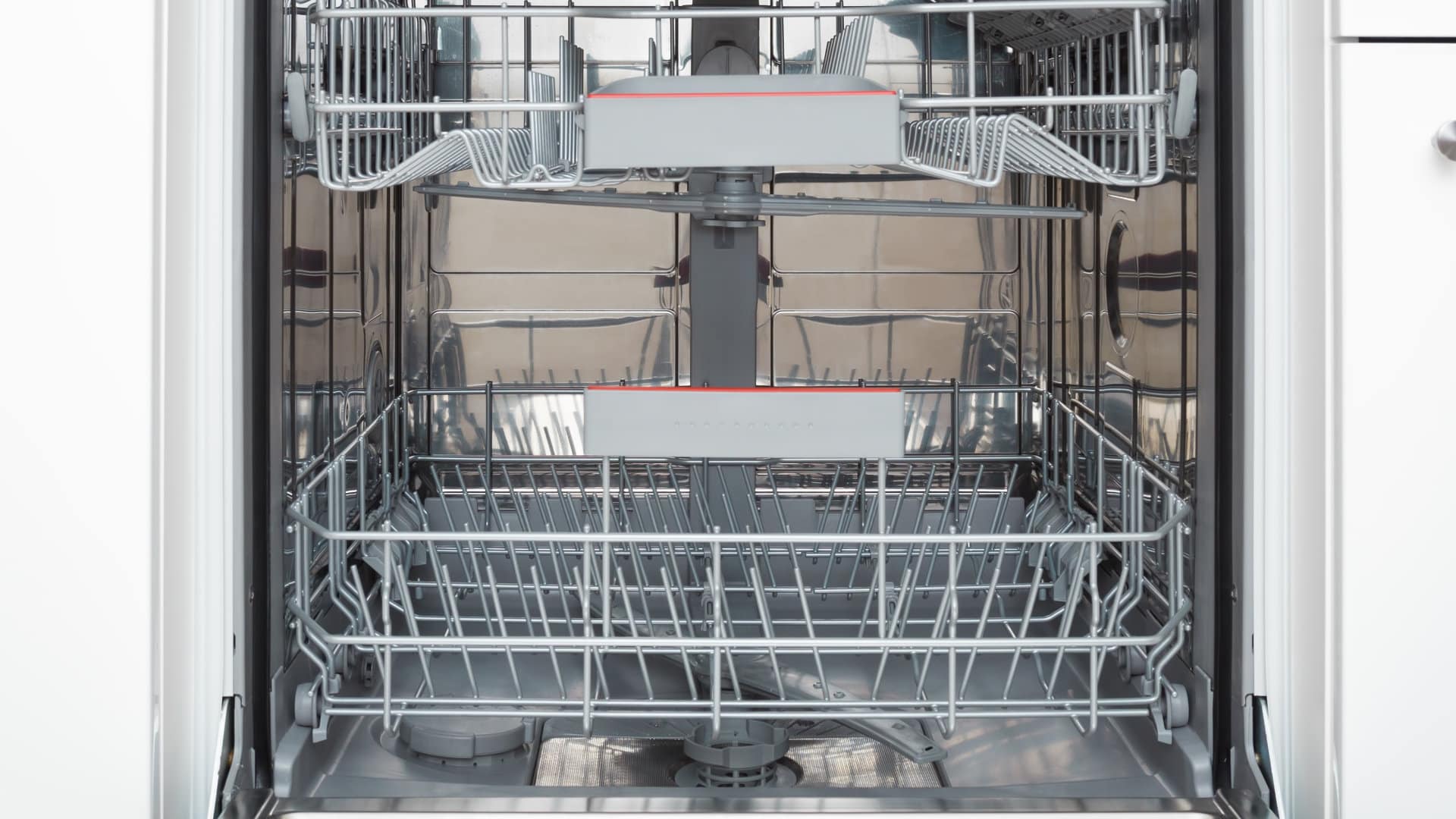
How to Wash a Hat in the Dishwasher (In 5 Steps)
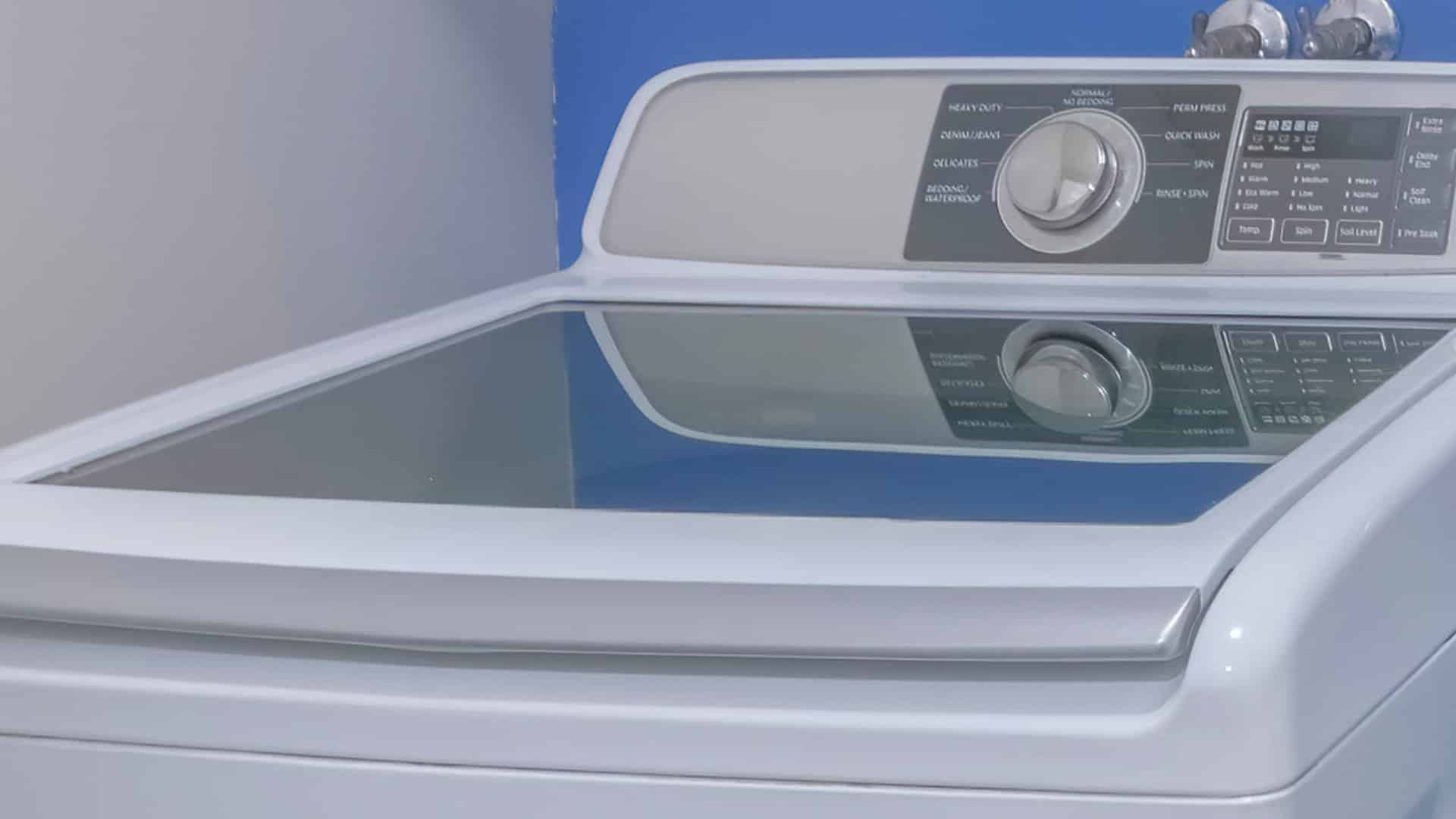
How to Fix the nF Error Code on a Samsung Washer

Kenmore Elite Dryer Issues: How To Troubleshoot
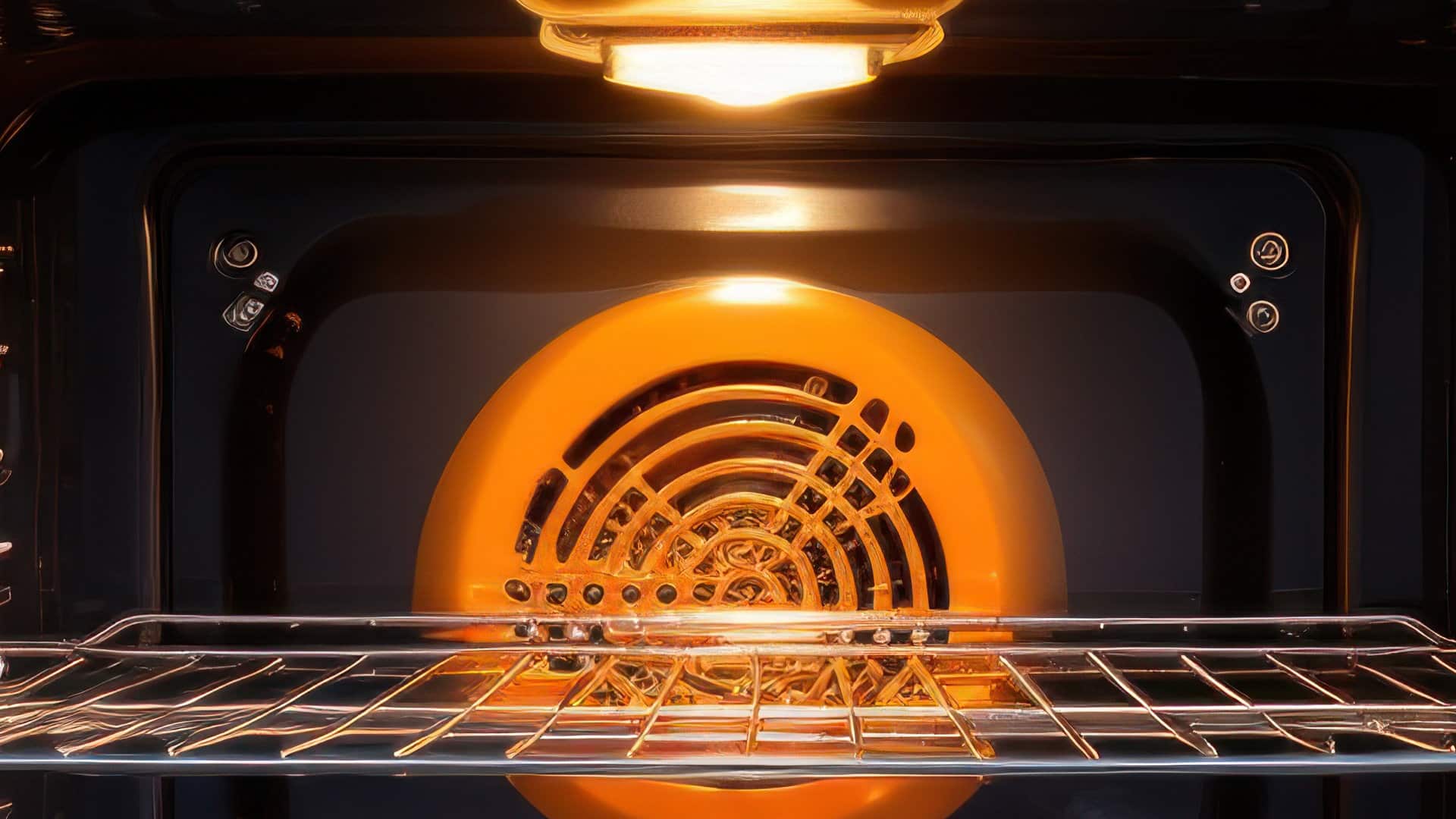
Microwave vs. Oven: Pros and Cons and How They Differ
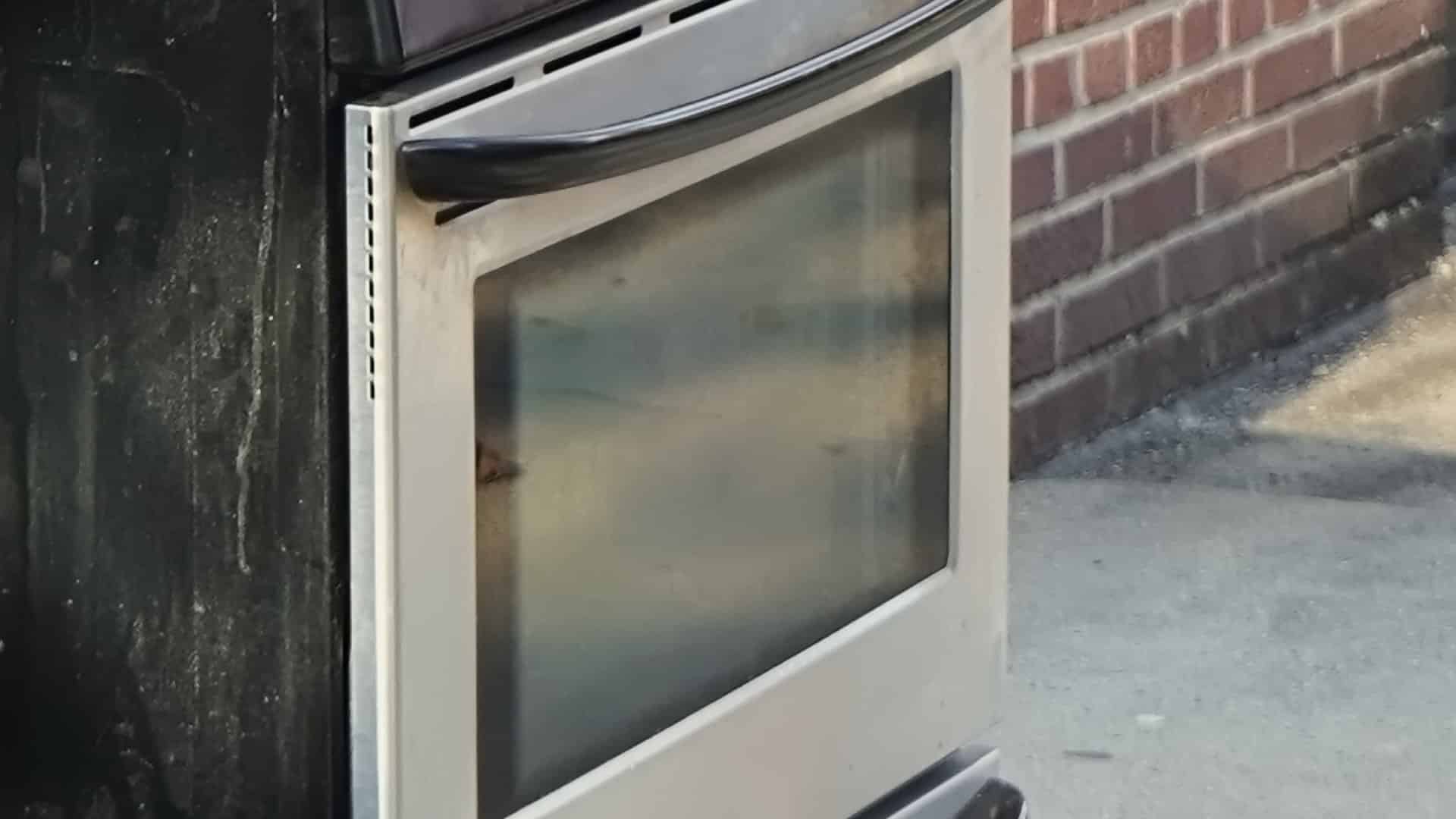
Self-Cleaning Oven Smell: Causes & Odor Reduction Tips
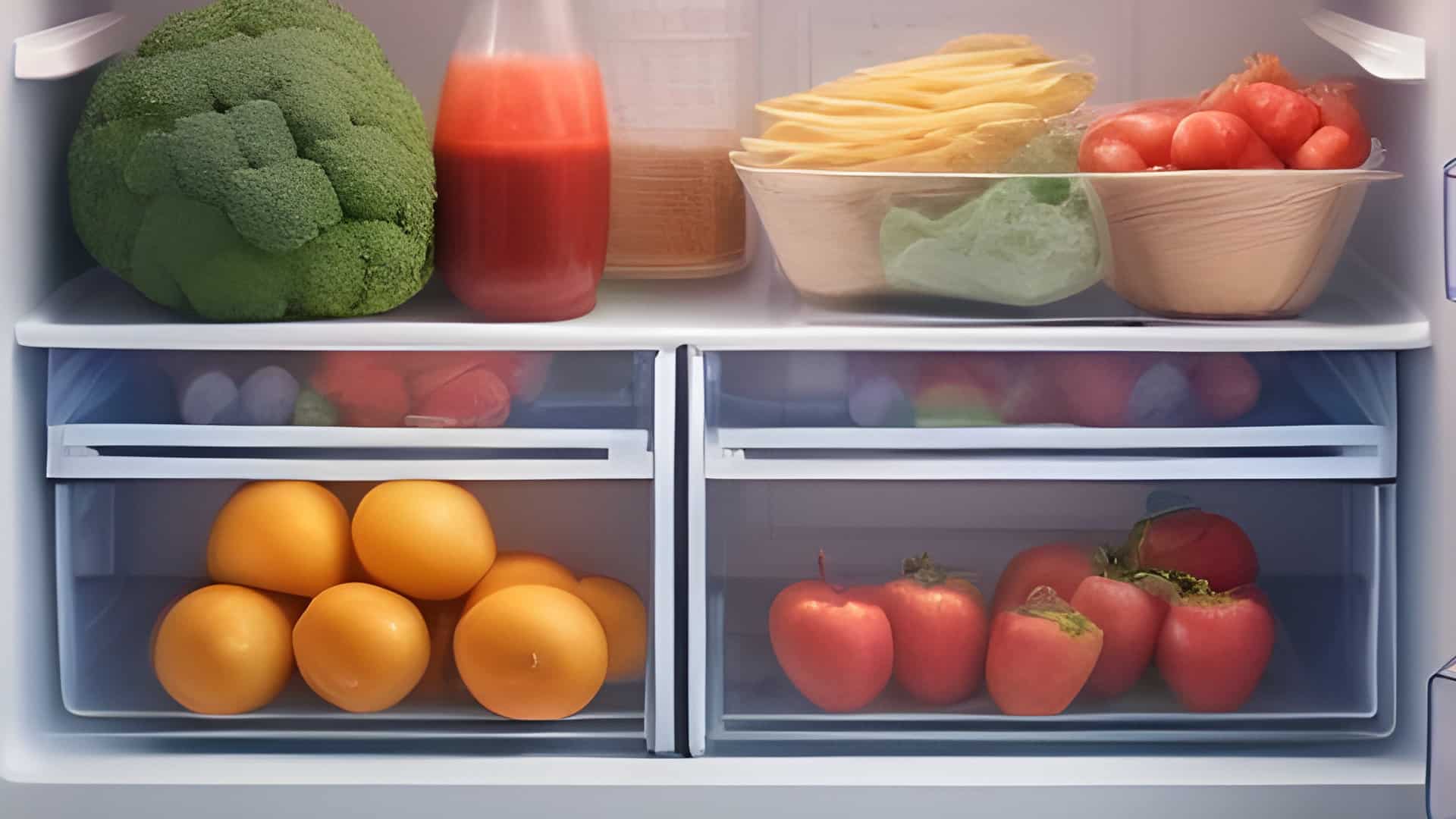
Frigidaire Ice Maker Not Working? 7 Ways to Fix It
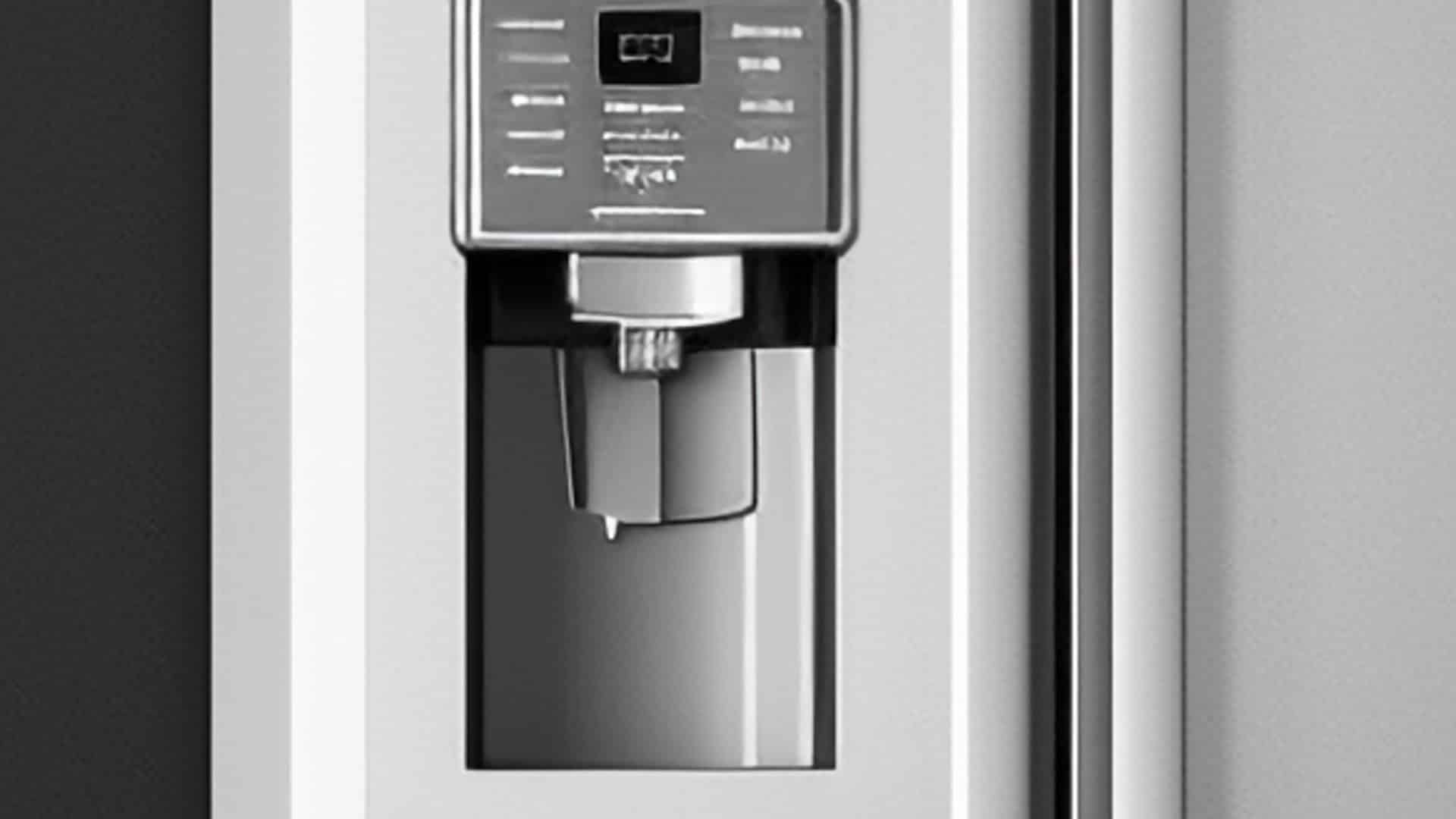
Why Is Your LG Refrigerator Not Cooling? (9 Common Reasons)
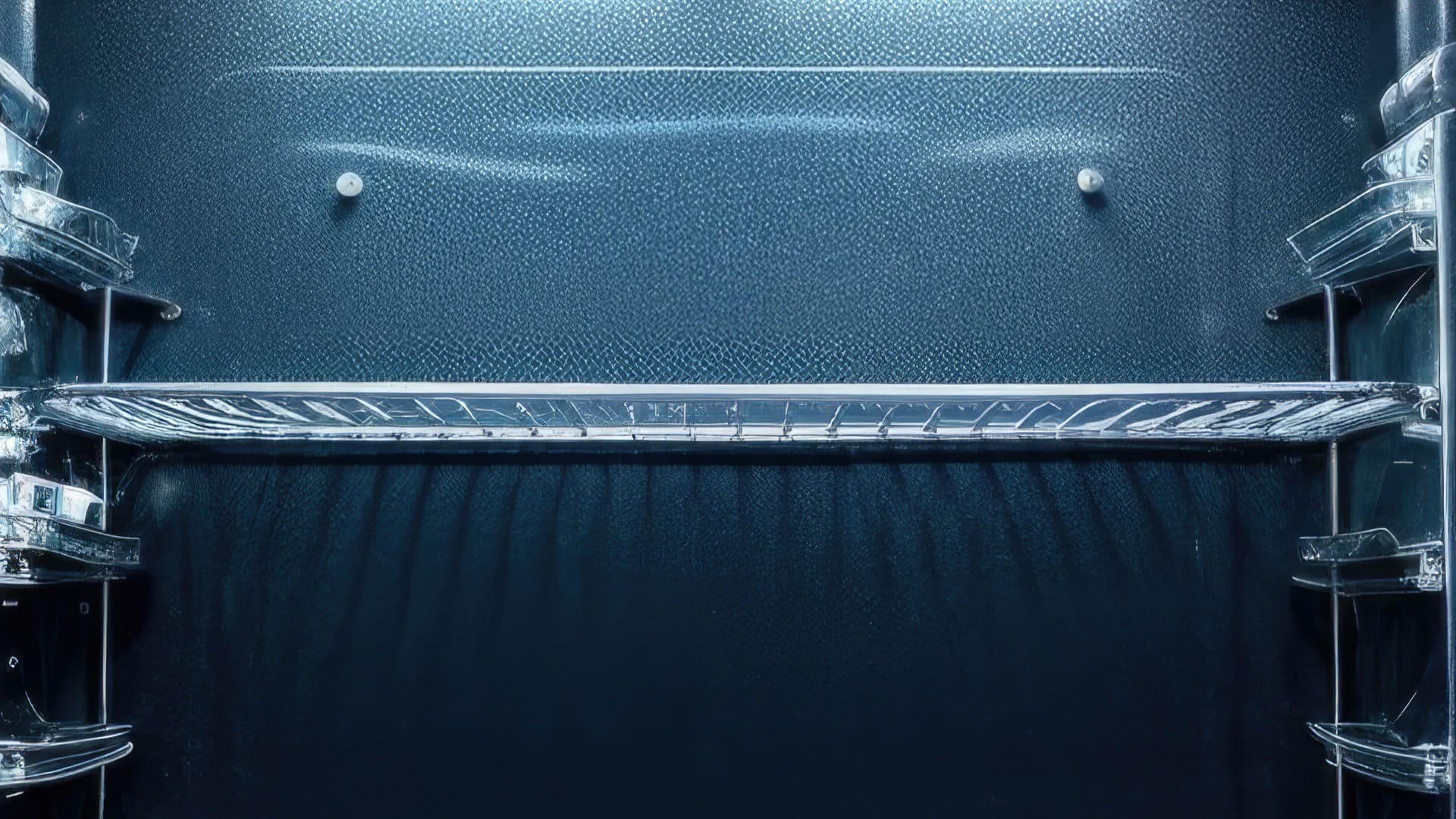
GE Oven F2 Error: Causes & Solutions
